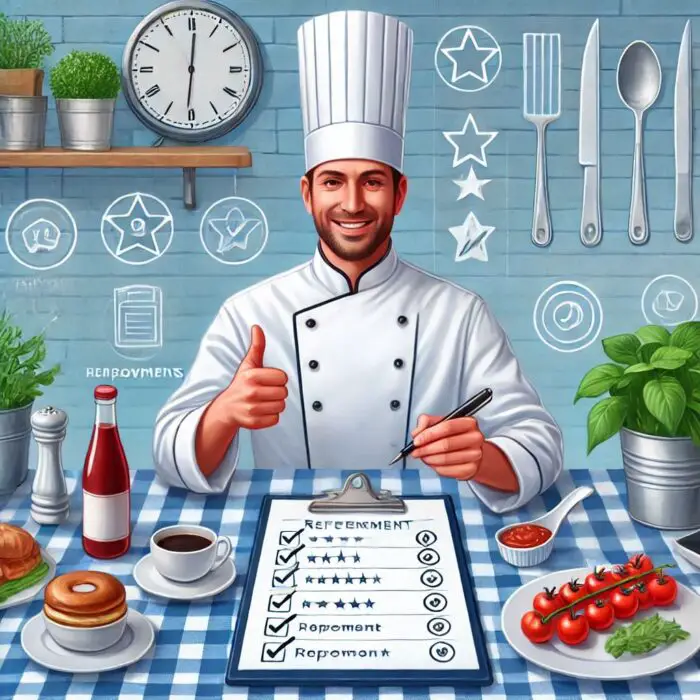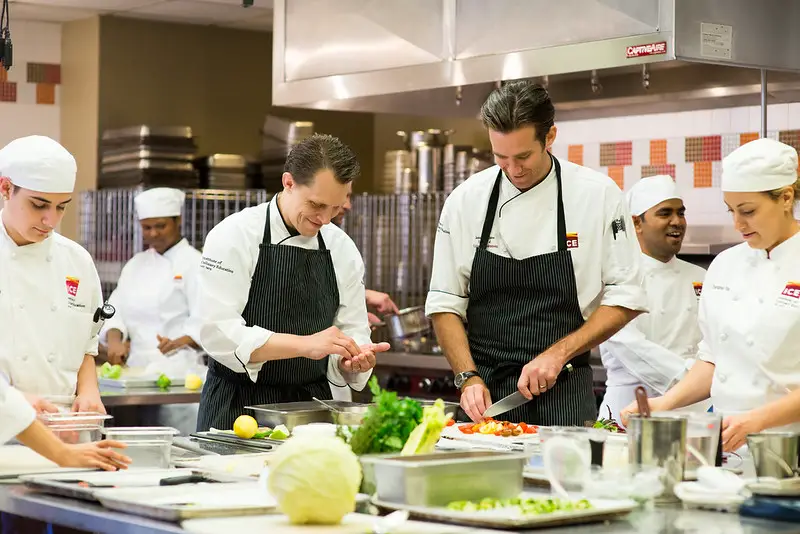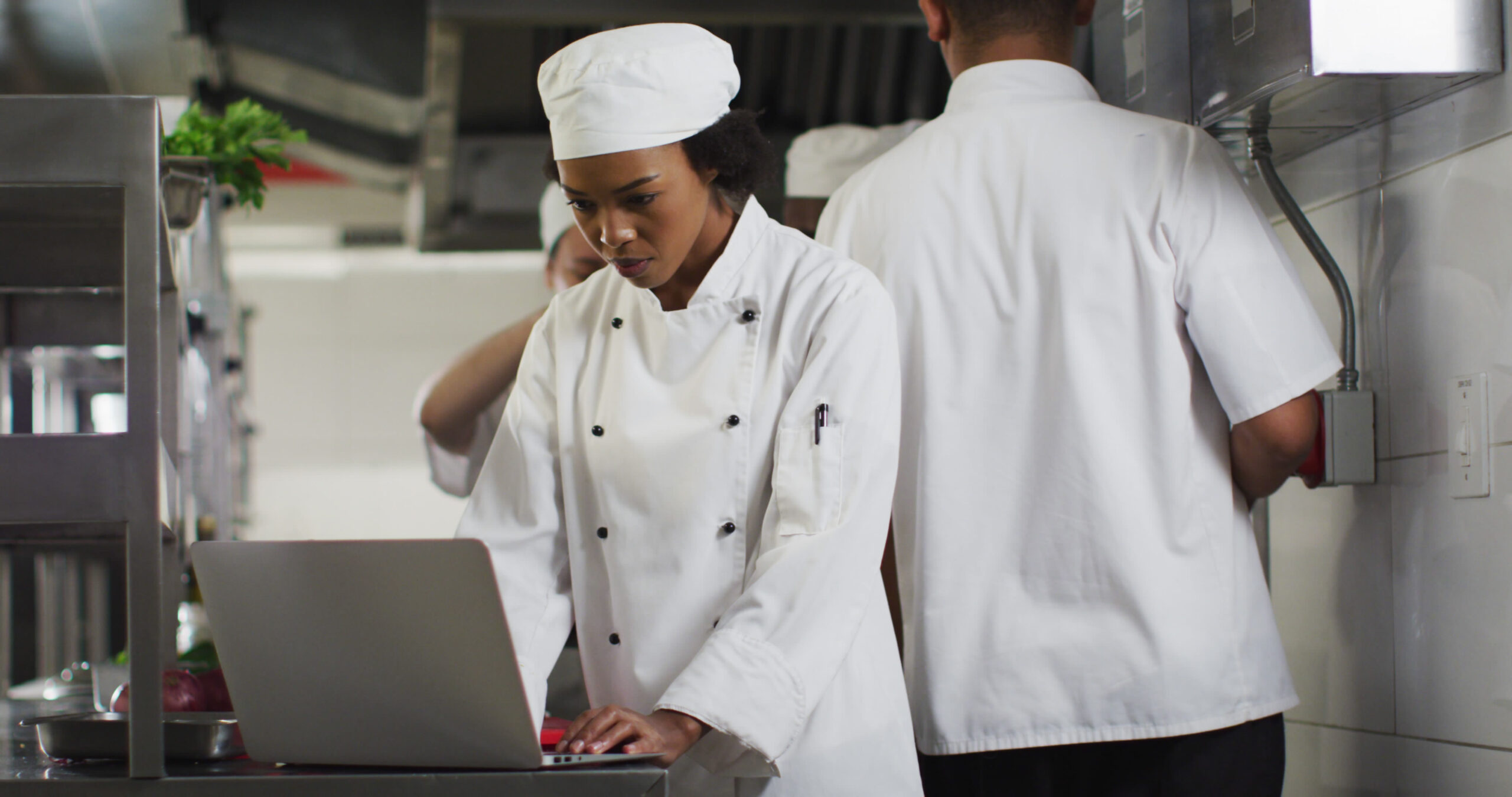
At the end of each year, it’s important for chefs to take a step back and evaluate their job performance.
This self-assessment not only helps chefs identify areas of strength but also provides insight into areas where improvement is needed. Here’s how chefs can effectively evaluate their performance for professional growth and success.
1. Reflect on Personal Goals and Achievements
The first step in evaluating job performance is to reflect on the goals set at the beginning of the year.
Chefs should review the objectives they set for themselves, whether they are related to culinary skills, leadership, menu development, or customer satisfaction.
Did they meet or exceed these goals? Recognizing accomplishments reinforces confidence and motivation to continue pushing forward.
2. Assess Kitchen and Team Management Skills
As a chef, effective team leadership is crucial to success. Take a moment to assess how well you’ve managed your team throughout the year.
Consider your communication skills, your ability to delegate tasks, and the overall atmosphere you foster in the kitchen. Were you able to motivate and guide your staff?
Did you handle conflicts well? Identifying areas for improvement in team management can strengthen your leadership abilities.
3. Evaluate Time Management and Efficiency
Efficiency in the kitchen is vital, and chefs must be able to handle multiple tasks simultaneously while maintaining high standards.
Look at your time management over the past year. Were you able to meet deadlines and handle busy shifts without compromising quality?
Reflect on the systems you have in place — are there ways to streamline workflows or delegate tasks more effectively?
4. Analyze Customer Feedback
Customer satisfaction is a direct reflection of a chef’s performance. Review feedback from guests and restaurant managers, focusing on both positive comments and constructive criticism.
Did your dishes meet customer expectations? Were there consistent complaints about specific aspects of your cooking or presentation? Analyzing this feedback can highlight areas that require attention and improvement.
5. Identify Areas for Skill Development
Finally, continuous learning is essential in the culinary field. Identify skills that could enhance your performance, whether it’s mastering a new cooking technique, learning about sustainable ingredients, or improving your ability to manage finances.
Set specific goals for these skill enhancements in the coming year.
By carefully evaluating these aspects, chefs can gain a deeper understanding of their performance and take actionable steps toward improvement.
This process fosters growth, encourages professional development, and ensures success in the ever-evolving culinary world.
This article analyzes briefly, and summarizes on culinary education that are provided at a chef school.
this is an informational writing for those in the culinary profession who are seeking vacant job positions for chefs.
Grapes, oranges, and pomegranates. photo: pixfuel The scope of hospitality operations is expanding by the day. The job is becoming Read more
the assistant culinary manager is a stand-in, or representation the head chef in it's absence. read this blog post to Read more
Author
-

Benedict Ohia is a seasoned chef with over 15 years of experience in the culinary industry. Passionate about food, innovation, and mentoring others, Benedict combines his chef expertise with his storytelling talent as the founder of CatererCareers.com. Through his niche website, he provides invaluable insights, tips, and resources for aspiring chefs, caterers, and hospitality professionals. Whether guiding career growth or sharing industry trends, Benedict is dedicated to inspiring others to succeed in the dynamic world of catering and culinary arts.
View all posts




